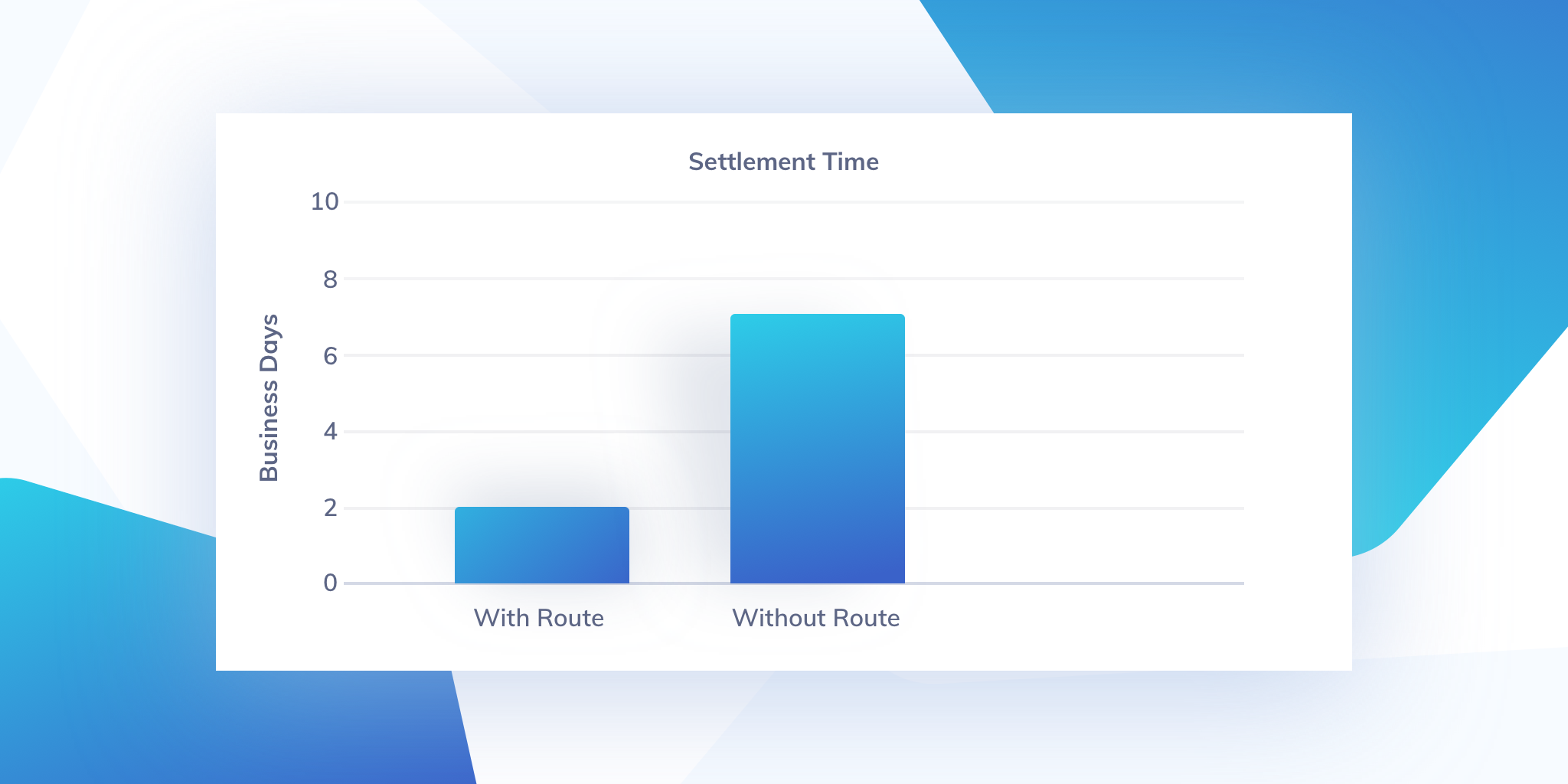Schools - The Operational Hues
An educational institution runs with minimal resources, while striving to achieve maximum efficiency and it turns out to be quite a mad-house. After all, it is a matter of imparting best-in-class education and it comes with its own set of operational hazards and processes. Beyond education, a school is involved in number of processes such as procuring inventory for the staff and students, liaising with vendors for uniform or sports equipment, arranging transport for students and teachers, managing payroll and above it all; maintaining updated records for streamlined operations.
In such a complex ecosystem, timely payments to all vendors and associates can be a truly challenging task and an overhead burden for any school.
Payments - The Challenges and the Inadequacies
Let’s say a school has to accept fees for the 500 children studying there. Imagine if all the parents were to come to the school premises to make these fee payments in cash; it would be an operational chaos! However, the number of parents is not the real complication here.
What is interesting to note is that a student’s fees most often has separate components such as tuition fees, admission fees, library fees and so on. Some of these components are added on a quarterly basis, while some of them are computed monthly. In addition, there may be ad-hoc charges added to a particular month’s fee; such as camping fee, activity charges etc. Once the school receives these payments they have to reconcile the same to the respective cost heads.
- Let the parents come and pay fees for the respective entities as and when needed. This may sound feasible, but it leads to an operation-intensive process with the added challenge of reconciliation.
- Schools consolidate the charges for a quarter by streamlining their operations (which can be tedious). This may make the process less intensive, but does not solve the reconciliation concerns.
- Make a provision to accept payments online using a Payment Gateway. This still requires the school to take care of payouts on its own, but the easy-to-use payment gateway platform eases the burden of reconciliation.
Razorpay Route - Streamlining Payments in the Education Sector
What most of the institutes do today is implement an ERP solution that takes care of creating the fee templates, assigns invoices, sends reminders to parents and manages data via a seamless integration with the institute’s accounting software.
However, what such ERP solutions cannot provide is a fully-baked payments system that not only helps them accept payments online, but also provides easy reconciliation, faster and timely settlements, and provision for hassle-free vendor payouts. This is where Razorpay helps educational institutes and ERP solution providers with a holistic solution.
Razorpay, with its 100+ payment modes, gives parents the freedom to pay their child’s fees with the payment mode of their choice at the checkout. Once the payment is made, the transaction realisation happens at T+X days settlement cycle. The fee is split into separate cost heads and the money is diverted to the respective accounts - internal accounts maintained for admission fees, or tuck shop or canteen services or library. This is done with the help of Razorpay Route.
With Settlement APIs, the money settlement can be put on hold for a definite number of days depending on the school’s requirement. Under normal circumstances and without a product like Route, the transaction reports need to be downloaded, printed and accumulated over a period, (a week or two), depending upon the convenience of the school. They are then tallied manually and sent for clearance to respective accounts causing a minimum delay of 7-10 business days (on average) between the time the payment is made and realisation by the vendor or other internal accounts.

When 90% of the payments in private schools and 70% (approx) in state schools today are made online, it becomes imperative to have a solution that can take care of reconciliation and settlements online, too, with minimal human intervention. Razorpay Route helps schools, and other businesses, achieve this efficienciently.
Sri Kumaran Schools and Shirpur Education Society are two of our many customers in the education sector who are using Route for managing and splitting vendor payments.



